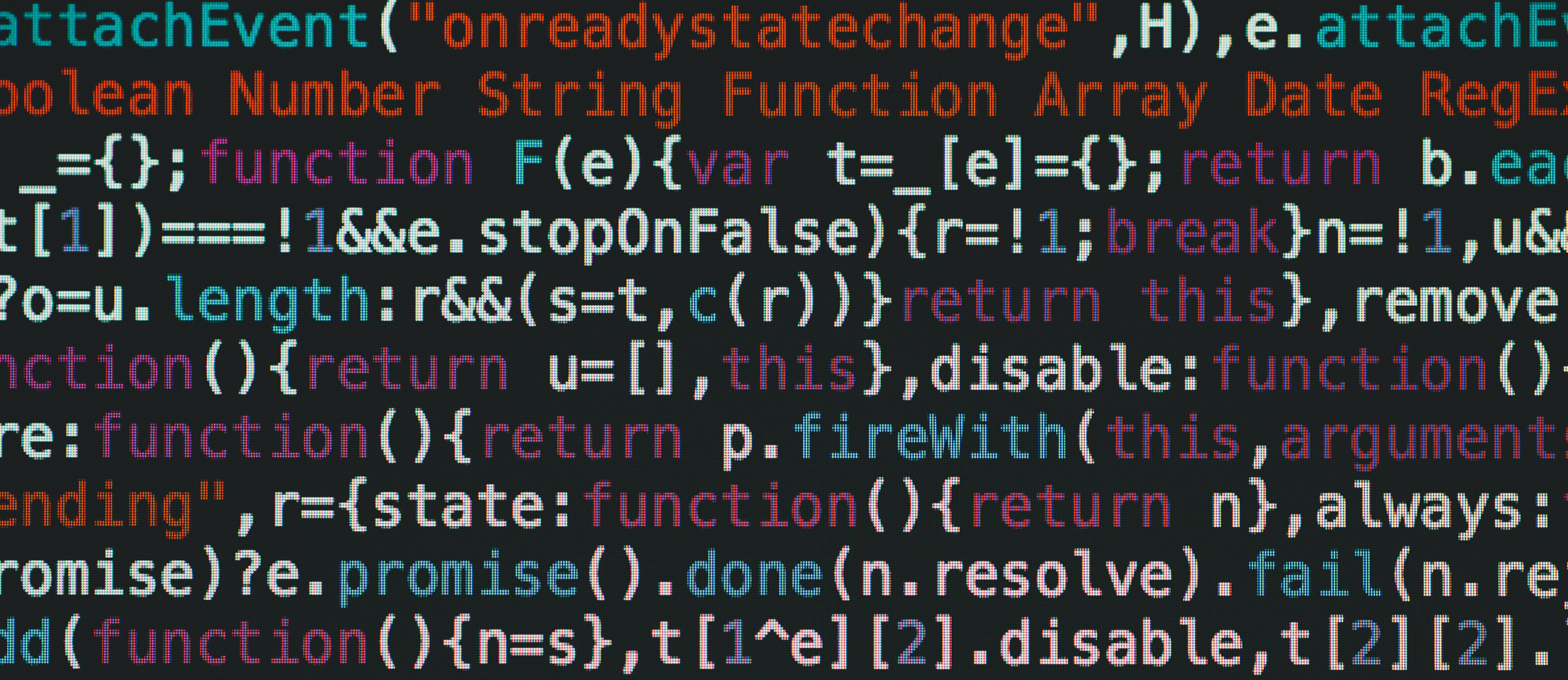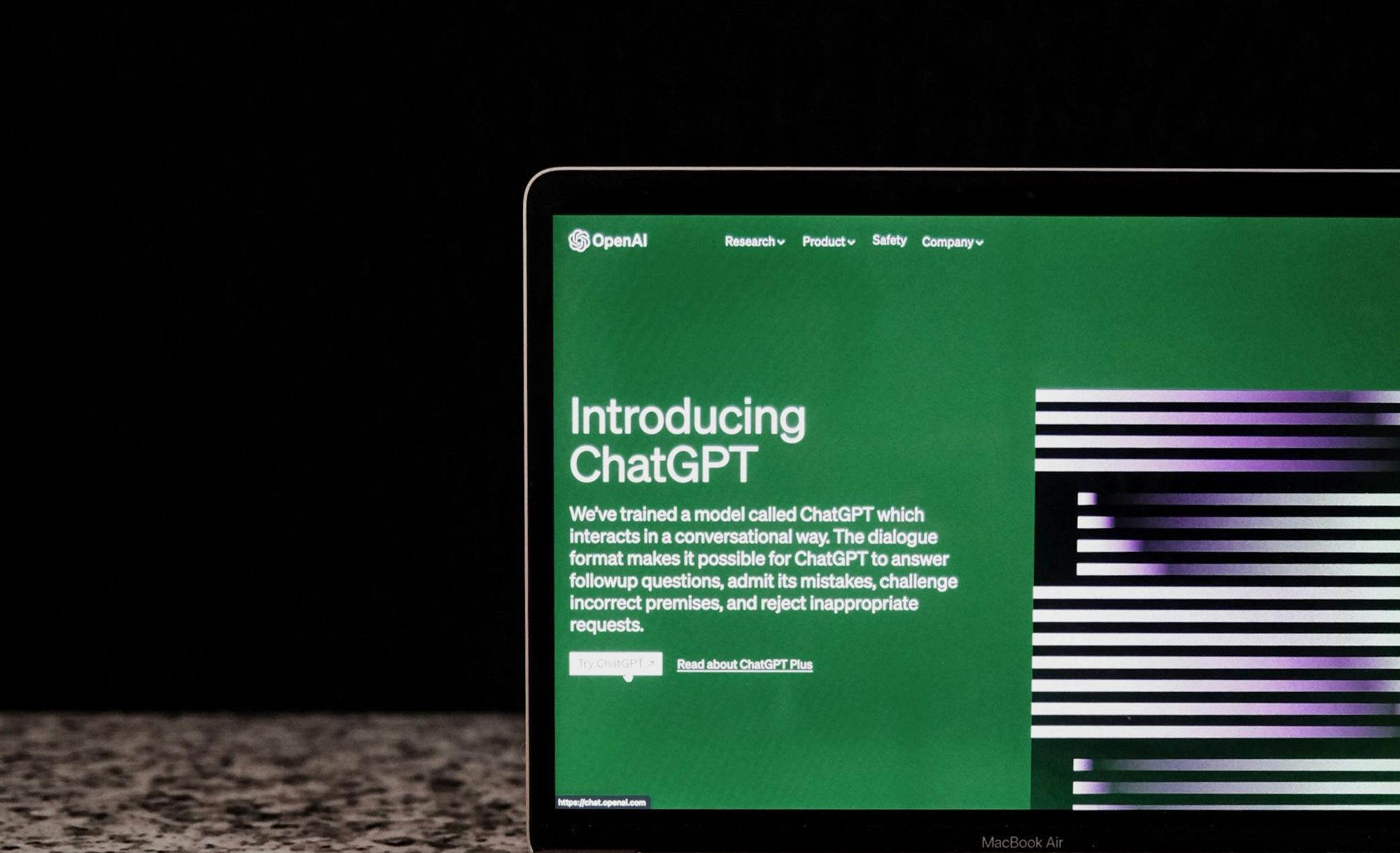The Future of Sitecore Development: Developers in the Age of Artificial Intelligence (AI)
See the potential trajectory of coding, exploring the interplay between AI and developers, and envisioning what the future holds for this field.
See the potential trajectory of coding, exploring the interplay between AI and developers, and envisioning what the future holds for this field.
Start typing to search...
The landscape of development is ever-evolving, driven by technological advancements and business needs. With the advance of a multitude of artificial intelligence tools (IA) now available in the market for developers and businesses alike, one question looms large: Will artificial intelligence (AI) replace the need for developers? This blog post delves into the potential trajectory of coding, exploring the interplay between AI and developers, and envisioning what the future holds for this field.
To understand the future, we must first grasp the present. Coding is the backbone of our digital world. Developers, armed with programming languages and problem-solving skills, craft software, applications, and algorithms that power everything from websites and smartphones to complex artificial intelligence systems.
However, the landscape is rapidly changing. AI, with its ability to learn, adapt, and automate tasks, is increasingly integrated into various aspects of coding. Machine learning algorithms aid in software testing, code generation, and even project management, streamlining processes and enhancing efficiency. Tools like Chat GPT or GitHub's Copilot leverage AI to assist developers in writing code, suggesting completions based on context and patterns extracted from vast code repositories.
AI's infiltration into coding is not confined to mundane tasks anymore. It now extends to complex problem-solving. Deep learning models, fuelled by massive datasets, are capable of deciphering intricate code structures and generating novel solutions. Many companies are exploring AI systems that can design machine learning models, potentially revolutionizing how software is developed. Lately, AI-driven programming languages, demonstrate the feasibility of AI autonomously creating code based on high-level specifications. These languages could democratize coding by allowing individuals with limited programming knowledge to build sophisticated applications effortlessly.

In the middle of the excitement of these advancements, concerns arise regarding the role of developers. Will AI render their skills obsolete, relegating them to mere overseers of automated processes? I would argue that the relationship between AI and developers is more complicated.
As of the writing of this blog post (May of 2024), AI augments rather than replaces human creativity and intuition. While AI excels at repetitive tasks and pattern recognition, it lacks the contextual understanding and innovation inherent to human cognition. Developers possess the ability to conceptualize abstract ideas, adapt to evolving requirements, and inject software with empathy and ethics, aspects beyond AI's current capabilities. Furthermore, AI is not infallible. It relies on the quality of data it is trained on and may exhibit biases or errors. Human oversight is indispensable to ensure AI-generated code adheres to standards, aligns with user needs, and upholds ethical principles.
I suppose the key question developers need to ask themselves is “will AI be eventually writing the majority of your code any time soon, and if so, how soon”? Most developers seem to think that this may indeed be the case within 5 years or less. Some feel that the revolution may take a little longer, but other yet think that we’re already at the point where AI can replace the bulk of the work a traditional developer used to do just a year or two ago. As a developer put it “using AI to write code it going to be as ubiquitous as using a calculator for math”.
In the short term it’s possible that developers will continue writing the majority of code for complex integrations, or legacy technologies and systems that are not developed with standard programming. Our Sitecore developers at Fishtank Consulting can probably provide several such examples where AI is not yet as helpful as in other areas of development. Could also code related to IT security not be exposed to AI for obvious - security - reasons? This kind of code could also be handled mostly by developers and not by AI.
I believe that in the last year, it has becoming clear very quickly that the future of coding lies in collaboration between human developers and AI. Rather than viewing AI as a threat, developers can already leverage it as a powerful ally, enhancing productivity and innovation. AI tools can automate routine tasks, freeing up developers to focus on higher-level problem-solving and creativity. AI-driven insights can also facilitate code optimization and debugging, leading to more robust and efficient software. Developers can guide AI systems, refine algorithms and correct biases to ensure responsible and ethical use.

The future of development seems to be intertwined with artificial intelligence. While AI promises to revolutionize how software is developed, developers remain irreplaceable. Their creativity, empathy, and ethical discernment complement AI's computational prowess, shaping a collaborative future where human-AI synergy drives innovation.
As businesses navigate this evolving landscape, it is imperative to approach AI integration in development with caution and foresight. By embracing collaboration, fostering education, and upholding ethical standards, businesses can harness the transformative potential of AI while ensuring that developers remain at the forefront of technological innovation. The future of coding does not have to be a battle between man and machine but a harmonious symbiosis, where human ingenuity and AI capabilities converge to shape a more inclusive and equitable digital future.